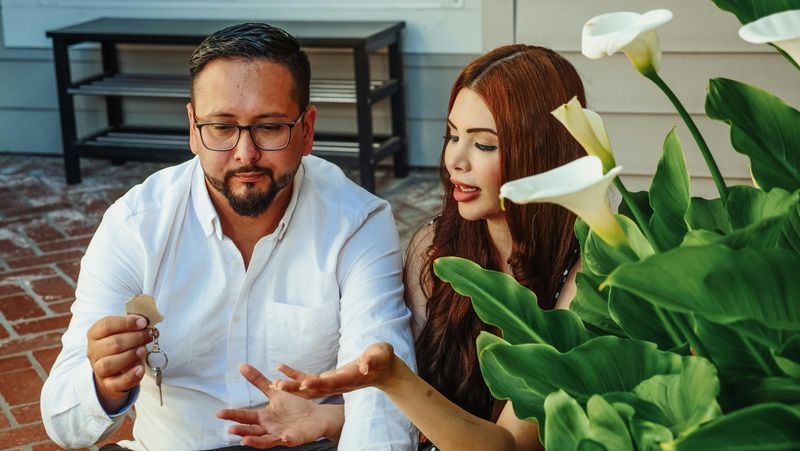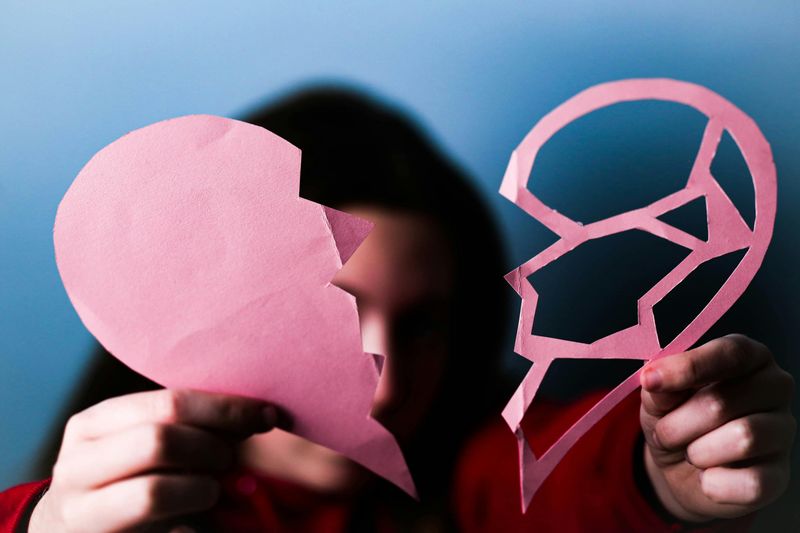Relationships are supposed to help us grow, not hold us back. Sometimes, the person who once felt perfect for you no longer fits the life you’re building. Recognizing when you’ve outgrown your relationship isn’t about blame—it’s about honesty and self-awareness. Here are eight clear signs that it might be time to reevaluate your partnership.
1. Different Life Goals

When you first got together, maybe neither of you had concrete plans for the future. But now, one of you dreams of building a career in a big city while the other wants a quiet life in the countryside. Perhaps you’re eager to start a family soon, but your partner isn’t interested in having kids at all.
Goals shift as people mature, and that’s normal. What matters is whether you’re both moving in the same direction or drifting apart.
If every conversation about the future ends in tension or avoidance, that’s a red flag. You shouldn’t have to sacrifice your dreams to stay together, and neither should they.
2. Lack of Emotional Connection

Remember when you used to talk for hours about everything and nothing? Now, your conversations barely scratch the surface. You discuss schedules, chores, and plans, but nothing deeper. The emotional bond that once made you feel seen and understood has faded into polite coexistence.
Intimacy isn’t just physical—it’s about vulnerability and sharing your inner world. When that’s gone, you’re more like roommates than romantic partners.
You might find yourself opening up to friends or even strangers more than your significant other. If they no longer feel like your safe space, the foundation of your relationship has weakened significantly.
3. You Feel Drained, Not Energized

Healthy relationships should lift you up, not wear you down. If spending time with your partner leaves you feeling emotionally exhausted rather than recharged, something’s wrong. You might notice you need extra time alone to recover after being together, or you feel relief when they leave instead of sadness.
Love shouldn’t feel like a constant uphill battle. Sure, relationships take work, but they shouldn’t drain your energy reserves completely.
Pay attention to how you feel after your interactions. Do you feel supported and happy, or frustrated and empty? Your emotional well-being is telling you something important about the health of your relationship.
4. You’re Growing, They’re Not

Personal growth looks different for everyone, but it’s essential for a fulfilling life. Maybe you’ve been working on yourself—reading more, going to therapy, learning new skills, or building healthier habits. Meanwhile, your partner seems content staying exactly where they’ve always been.
At first, you tried encouraging them to join your journey. But they showed little interest or even dismissed your efforts as unnecessary.
Growth gaps create distance. You’re evolving into a new version of yourself, and they’re not keeping pace. It’s not about being better than them—it’s about compatibility. When one person moves forward and the other stays still, you eventually end up in different places.
5. Frequent Resentment or Irritation

Little things that never bothered you before now feel unbearable. The way they chew, laugh, or tell stories suddenly grates on your nerves. You find yourself rolling your eyes or biting your tongue constantly. What used to be endearing quirks now trigger frustration.
This shift often signals deeper issues. When affection transforms into irritation, it’s usually because unresolved problems have built up over time.
Resentment is like a slow poison in relationships. It replaces warmth with coldness and patience with annoyance. If you catch yourself feeling more irritated than loving most days, your heart may already be checking out of the relationship, even if your body hasn’t left yet.
6. Avoidance or Indifference

You used to look forward to date nights and quality time together. Now, you’d rather stay late at work, make plans with friends, or binge-watch shows alone. Their texts don’t excite you anymore, and you’re no longer curious about their day. Indifference has replaced enthusiasm.
When someone asks about your weekend plans, you hope they don’t include your partner. You’ve started building a life that deliberately excludes them.
Avoidance is your heart’s way of protecting itself from disappointment. If you’re actively seeking distance instead of closeness, the relationship has likely run its course. Love requires presence and engagement—without those, you’re just going through the motions.
7. Loss of Trust or Respect

Trust and respect form the backbone of any strong relationship. Maybe there wasn’t a dramatic betrayal, but repeated letdowns have eroded your foundation. They’ve broken promises, dismissed your feelings, or failed to show up when it mattered. Over time, you’ve stopped believing in them.
Respect works both ways. Perhaps you no longer admire who they are, or you’ve caught them looking at you with contempt instead of love.
Without trust and respect, love can’t survive. You might still care about them as a person, but you can’t build a future with someone you don’t trust or respect. These aren’t things you can fake or force—they’re earned and maintained through consistent actions.
8. Fear of Staying Overpowers Fear of Leaving

Most people fear ending relationships because of uncertainty. Being single feels scary, especially after investing time and emotions. But when staying feels scarier than leaving, you’ve reached a turning point. The thought of another year in this relationship fills you with dread rather than comfort.
You’ve started imagining life without them, and instead of sadness, you feel relief or even excitement. The unknown suddenly seems more appealing than your current reality.
This shift in perspective is significant. When the pain of staying outweighs the fear of starting over, your intuition is sending a clear message. Trusting that feeling takes courage, but staying in a relationship out of fear rather than love isn’t fair to either of you.

Comments
Loading…